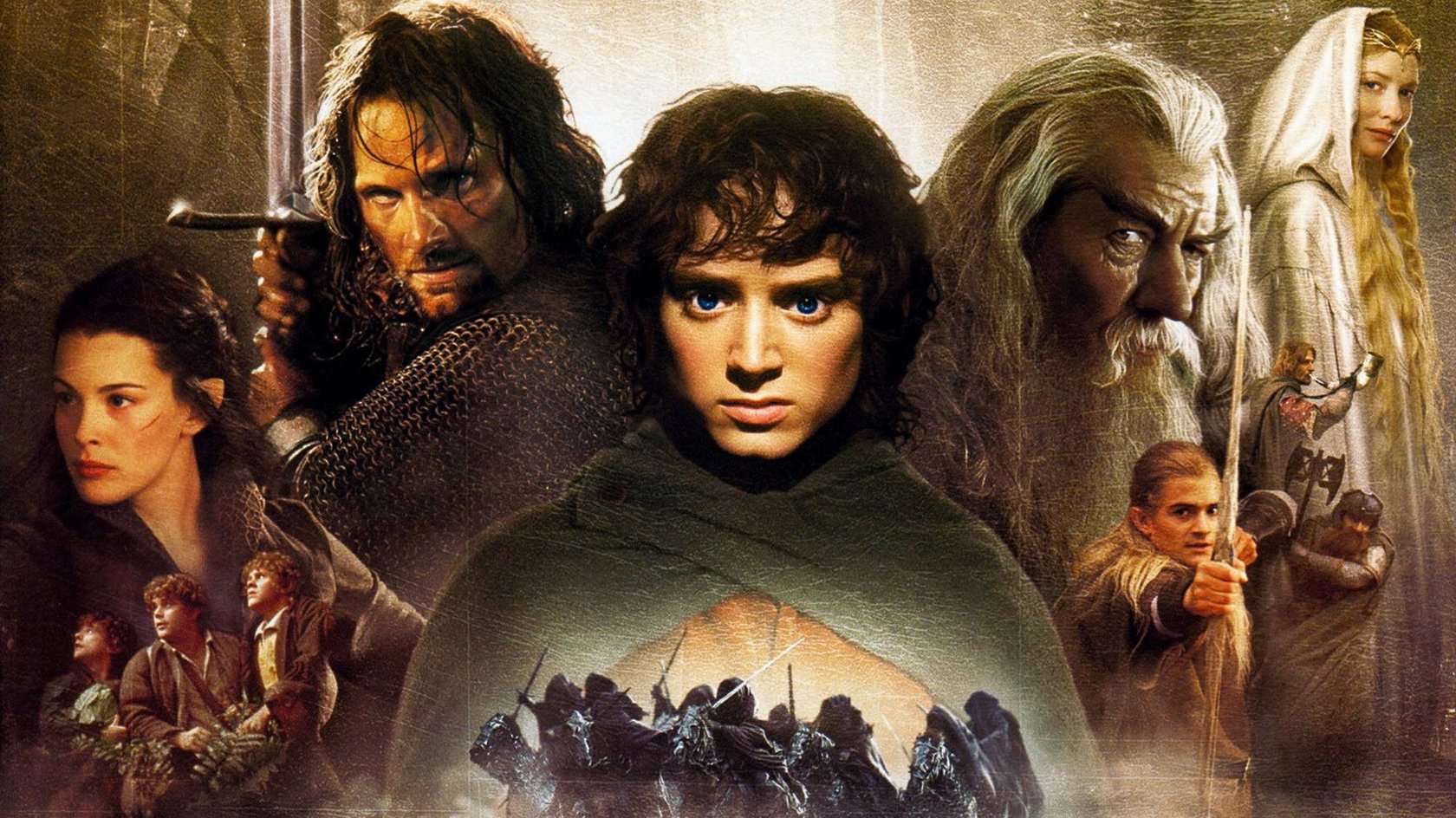marks the directorial debut of acclaimed British actress Kristin Scott Thomas. Co-written by Thomas and John Micklethwait, the film is a bittersweet family drama that delicately explores grief, reconciliation, and the complexity of mother daughter relationships. With an ensemble cast led by Scarlett Johansson, Sienna Miller, and Emily Beecham, the film is inspired in part by Thomas's own life and offers a rich, character driven narrative set in the picturesque English countryside.
The story centers on three estranged sisters Georgina (Scarlett Johansson), Victoria (Sienna Miller), and Katherine (Emily Beecham) who return to their childhood home for the wedding of their mother Diana (Kristin Scott Thomas). This is not Diana’s first wedding, and the film subtly reveals the emotional weight of the past marriages and losses that shaped each member of the family. The occasion serves as a reunion and a reckoning, as long buried tensions and unspoken resentments begin to surface.
Georgina, a palliative care nurse, carries emotional fatigue from her career and struggles with loneliness. Victoria is a glamorous yet insecure actress, constantly comparing herself to others and craving validation. Katherine, the most withdrawn of the three, has recently experienced a painful breakup and finds it hard to reengage with her family. Their dynamics are sharply drawn, and the interactions between them are filled with both tenderness and friction. As they prepare for their mother’s latest wedding, they are forced to confront their own relationships with their mother, with one another, and with themselves.
:max_bytes(150000):strip_icc():focal(749x0:751x2)/my-mothers-wedding-still-1-062025-2c509a3cbcf546ba841188125a5213b4.jpg)
Kristin Scott Thomas, both in front of and behind the camera, brings an elegant restraint to the film. Her portrayal of Diana is layered, at once regal, guarded, and quietly vulnerable. The character is not idealized but instead shown as a woman who made mistakes, endured loss, and now seeks to embrace life and love again, even in her later years. Her choice to remarry is seen through different emotional lenses by each daughter, reflecting their personal disappointments and hopes.
The film unfolds primarily in a single location, an old country house, giving it an intimate theatrical feel. The cinematography is natural and warm, capturing the shifting light and mood of the English landscape. The house becomes a character in itself, filled with echoes of the past and memories that shape the family’s emotional present. Composer Rolfe Kent’s gentle score supports the film’s quiet emotional currents without overwhelming them.

What stands out about My Mother's Wedding is its emotional honesty. Rather than relying on melodrama or grand plot twists, it allows its characters the space to reflect, argue, forgive, and grow. The film embraces the idea that families are messy, love is complicated, and that healing can come not through dramatic gestures but through small genuine moments of connection.
In conclusion, My Mother's Wedding is a graceful and heartfelt debut from Kristin Scott Thomas. It offers a moving portrait of a family learning to accept both each other and themselves. With its strong ensemble performances, nuanced writing, and understated direction, the film resonates as a mature and tender look at love, memory, and second chances.

-1751603065-q80.webp)
-1751036189-q80.webp)